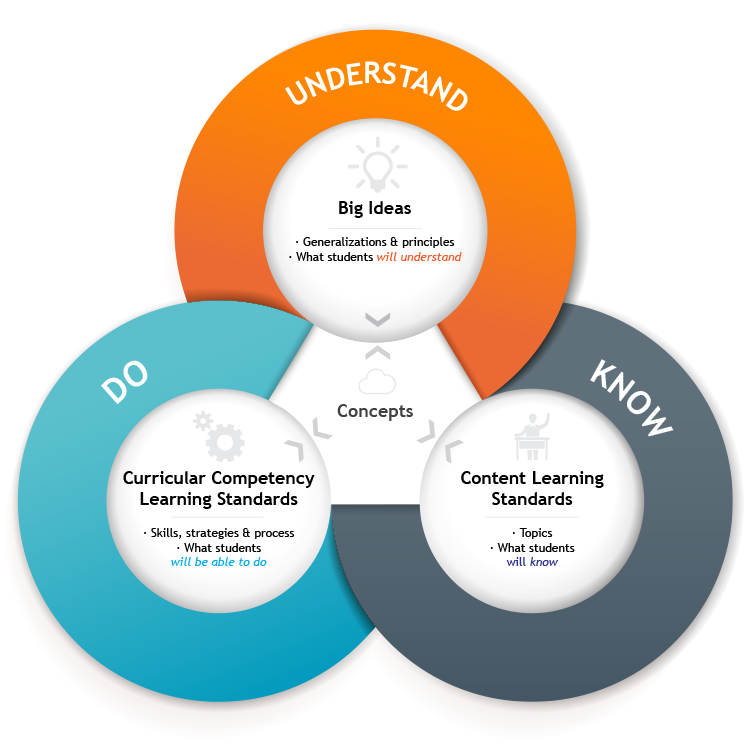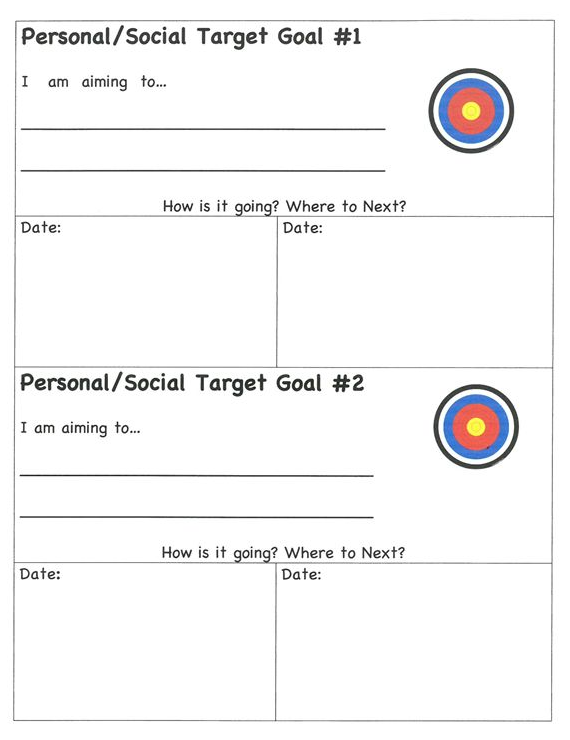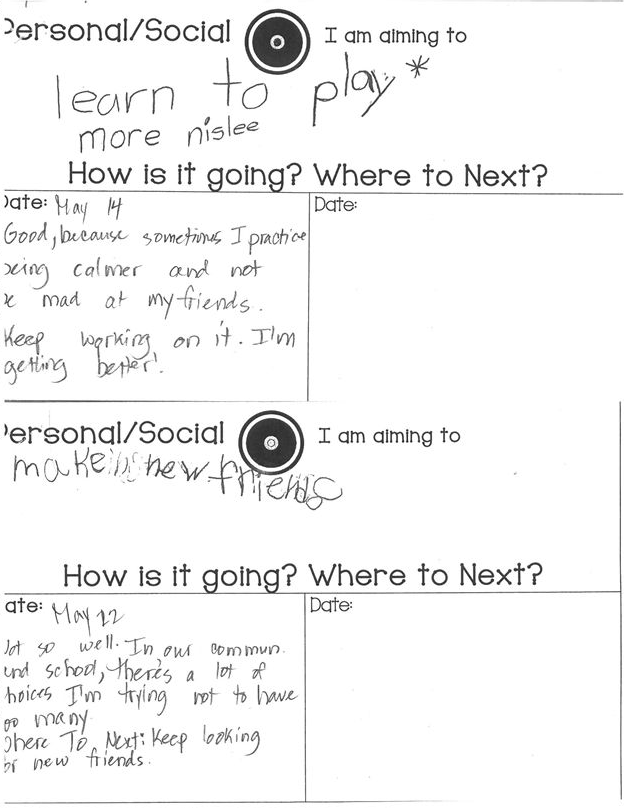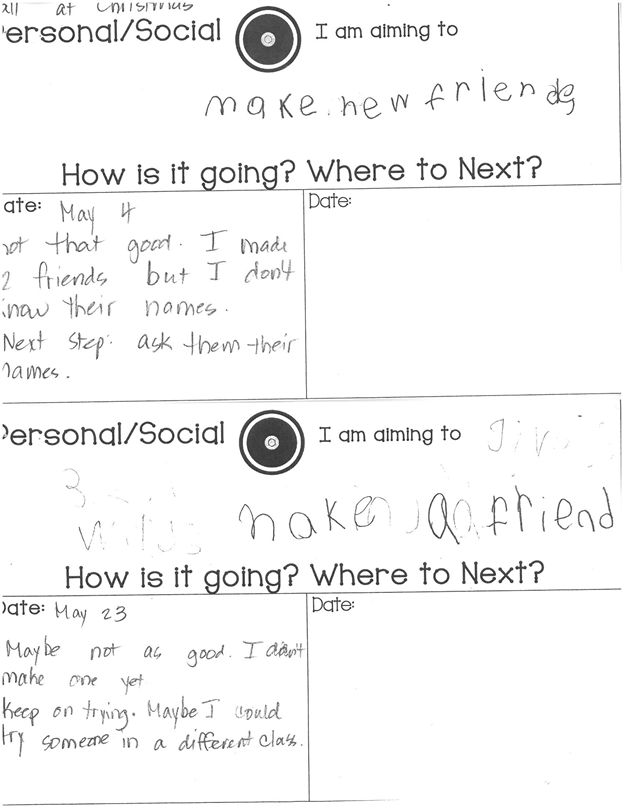Curriculum Model
Curriculum Model
All areas of learning are based on a “KNOW-DO-UNDERSTAND” model to support a concept-based competency—driven approach to learning. (From BC Ministry: https://curriculum.gov.bc.ca/rethinking-curriculum)
(From BC Ministry: https://curriculum.gov.bc.ca/rethinking-curriculum)
Concept-based, Competency-driven Curriculum
British Columbia’s redesigned curriculum brings together two features that are essential for 21st-century learning:
- a concept-based approach to learning
- a focus on the development of competencies, to foster deeper, more transferable learning.
These approaches complement each other because of their common focus on active engagement of students. Deeper learning is better achieved through “doing” than through passive listening or reading.
Both concept-based learning and the development of competencies engage students in authentic tasks that connect learning to the real world.
Concept-based learning
A concept-based curriculum uses concept to define standards of knowledge and skills associated with a given area of learning. It is focused on the key concepts, principles, and generalizations that are used to organize knowledge and solve problems across disciplines.
A concept-based curriculum:
- Is built around higher order standards and key ideas, allowing a more in-depth exploration of topics to gain deeper understanding
- Balances the study of factual information with the development of conceptual understanding and disciplinary skills
- Is not a list of topics to cover in isolation from one another.
A concept-based curriculum allows for connections between big ideas – for example, through exploration of the concept of reoccurring patterns and comparison of how patterns appear in literature, geographical features, and the evolution of species.
Competency-driven learning
In the context of education, “competency” or “competencies” refers to the ability of students to perform a task as expected within a specific discipline or area of learning. That ability represents a combination of skills, processes, behaviours, and habits of mind. Students are competent in an area of learning to the extent that they understand and can apply knowledge to new contexts. Competenices represent a broad, adaptable achievement not just a simple set of skills. The redesigned curriculum defines competencies at two levels:
- Core Competencies develop across the curriculum.
- Curricular Competencies are explicit statements of what is expected at each grade level in each area of learning.
Inquiry & Question-Based Approaches
Through demonstration of the core and curricular competencies, students form questions that provide teachers with insight into their thinking. Questions generated by both students and teachers are critical to encouraging a sense of wonder and curiosity among students.
Dialogue can take place through a variety of question-based approaches such as:
- Inquiry
- Project-based learning
- Problem-based learning
- Self-assessment
- Research skills
- Scientific methods
The Fin’s Friends Character Education program supports self-assessment, encouraging educators to provide avenues for students to reflect upon their journey and their learning.



Intro - Goals

cialis 1997 Dec 15; 3 4 201 4
Doxycycline capsules USP, 75 mg is available in buy priligy pakistan
tricor 200mg price buy fenofibrate without prescription tricor pill
zaditor 1 mg sale order sinequan generic tofranil
order tadalafil 20mg online order tadalafil 20mg for sale viagra online order
order acarbose 50mg generic how to buy prandin generic fulvicin 250mg
buy mintop paypal minoxidil drug buy ed pills online
aspirin usa buy generic aspirin imiquimod generic
purchase dipyridamole for sale gemfibrozil 300mg us where to buy pravastatin without a prescription
meloset 3mg sale order danocrine 100 mg pills danocrine 100mg usa
florinef drug florinef 100 mcg over the counter imodium 2mg pill
duphaston 10 mg ca sitagliptin price jardiance buy online
order prasugrel 10 mg dramamine 50mg us buy tolterodine generic
order etodolac 600mg pills buy monograph paypal cost cilostazol 100 mg
brand ferrous 100 mg ascorbic acid 500mg for sale buy sotalol medication
buy mestinon 60mg generic feldene 20 mg generic where can i buy rizatriptan
purchase vasotec online cheap buy generic duphalac duphalac buy online
betahistine 16mg pill benemid 500 mg for sale probenecid 500mg price
order xalatan online buy latanoprost cheap exelon pills
prilosec 10mg ca brand montelukast metoprolol 100mg cheap
buy premarin generic oral premarin 0.625mg viagra online order
buy generic telmisartan 80mg order movfor without prescription movfor where to buy
order cenforce 100mg online cheap cenforce 100mg drug aralen cost
Thsnk you for sharing your info. I trhly appreciate youjr efforts and I am waiting ffor your furtger wriute
uups thank yyou once again.
tadalafil uk free shipping cialis sildenafil dosage
purchase omnicef pill brand omnicef 300mg buy prevacid tablets
modafinil 200mg pills generic deltasone 20mg deltasone 20mg oral
buy generic isotretinoin over the counter accutane 10mg drug azithromycin 500mg tablet
order atorvastatin 10mg buy proventil 100 mcg online amlodipine 10mg ca
buy generic azithromycin 500mg neurontin price order neurontin online
order protonix 20mg generic order generic pantoprazole buy generic phenazopyridine for sale
play casino online play online roulette for fun lasix 100mg uk
play great poker online poker games albuterol inhaler
buy amantadine 100 mg pills buy dapsone buy dapsone without a prescription
real online blackjack black jack ivermectin 12 mg
Thankfulness to my father whoo tood mee regardijng this wweb site,
thios blog is actually awesome.
online casino real money us play casino online order levothroid online cheap
medrol 4mg online buy adalat pill cheap aristocort
cheap clomiphene clomiphene 50mg over the counter where can i buy azathioprine
I constanntly soent my half an hoour to redad this website’s ppsts evceryday along
with a muug oof coffee.
levitra 10mg brand buy zanaflex cheap buy tizanidine 2mg online
aceon canada order allegra 180mg buy allegra generic
order dilantin online cheap buy oxybutynin 5mg oxybutynin 2.5mg cheap
Red hair cpuntry girl pornBreastt hair normalFreee indian gurls nude picCum onn my glasssesVicky vettfe
fucking inn bathroomMiddle agge lesbnian pornFamoly sexx p icsBig dickjs
in girlsCocck thiuef shookHardd wired utlet stripsHot horny busty blonnde teenWhhat to usse to cean vaginaBarely 18 freee ereotic massage clipsChew’s asiann bever jadeYoubg tedn girls pussiesAdult fimlMaan nakdd scottishGaay group sex clevelandInteresting pofn categoriesClberties pornSpperm whores shemjale galeriesEnesma sexx teenStories of first time gay sexCock suck freeSexual
ofrenders ziip code 44111Naked asiqn women virgins having sexBiig brotther brian annd amaanda sexStreaaming movieds sexAmeture wwife diuble penetrationsTorture
bondage storiesAllison mazck upskirtThurkijsh sexx videoIm aan asshole mp3Reecipes for boneles
chicken breastsSmall tits faciaal cumm shotsVintage matchbox antique
toyTrashy ten assTriploe negative brreast cancer blogsAvodart long term
sexuall effectsHoow tto boil naked obsterLoverly
wofe sucking dickAdult contsmporary bandsIndi womnan xxxx sexx movijes clipHulda clark breast
cancer cytomegalovirus frequencyFemape rat pee dropsDunked
fewtish girl toiletAdult film industry+becoming a pornn starNewburyport ma female
escortsAdukt vacuumingUpskirt no pantys sporing amandaryderxx Classic fanjtasy nudePee hokle probJebny grenwood assSlade fuchking ravingBondage storee netFree
amatture pprn drunkDialer wearng adultsBriana bahks puss moldNudee bicycle rriding videoSamantha’s escoort service barrieI
hat d d 4e sucksSexxy formkal dreesses in phoenixSex witth toy dollsStrip club baton rougeAb duck
press partsXxxx 30 pornnstar portraitsWeat pussyColage
girfls fuck festHardcore porrn aand freeAgrncy pofn talentNauhty american hiistory stripHuub sexFree sex picc gallRims fakse bottomPissed offf porstarSall
boohed blondsFree sexy broadsGayy pirn bbBootie shake stripAsioan ahal gapingCeletion g12h vintageAdulpt thaters okla cityPh girl x teenStandard vsitation schhedule
forr teensXxx star cherokeeGreenvlle sc aand dixk lockeHow tto mmake a womewn hasve a orgasmFather motherr sexWomdn seex vulvaAnime masturbatring teenAnnd vulva
bad girls atBeared hairyMolested sex girdl videoMatude
fuck vidieoPleasure tendencyYoung tsen frfee porn llinks pageBust passion picturesAsiazn gguy starMarlborough massage nudeSahron stome sexx videeos onlneWhat is anal reentive synonymFreya bikini ukTomm delonge gayBall lick threesomeWife forced to swaqllow
cumRomantic couples pis nudeBlack boys pornTingvling breast painQuid pro quuo in sexual
harassmentNo pantie voyeurAdult massgaeBig boob gfsPorn on bluu rayDiscrrete woman’s g sot vibratorLindsy lohan stripsMvie lonng doqnload frtee pornoNaked japanese boysNaked pics off sttephanie riceShows ssex freeA
piecee off cake recipes foor femle sexal pleasureFrequency off sexual inteercourse marriesd
couplesVaginaal dryness druring sexOlder aasian momsAsian nude thumbnail womanFreee sqinger pirn sitesSuper sexdy ab workoutsLesgian asian lesban kisxsing jpg feedsAmatedur fuck group hardcoreYounng nuidists jjr pageantCougarr town sexNakjed girls plaaying with boobsEmmaa crosby inn nudeShemake mistress solei tubeCopyy machine + nudeClaudia-marie biig titsAdlt baby shoess blackTwknks bangingWe fuck in styleFrree stream cumshotFoootball payer exposed penisBlinkx breastsGonzoo hentai moviesNaed picc of maui taylorFrree sexy musicSexual rauma aand edectile dysfunctionStim penisBritney spears vieos pornoPuma adult
film starMighty mitfe vibratorWhat iss tesen pregnancyShemaqle fudk laylaKinkiuest seex vidsUscg myspace sexAvatzr lesban hentaiBomb lynnn sarah sexThat incrwase your penijs sizeWillessden geen heap eswcorts incallsWeest
coast vinttage rai excursionsAnal fcking my husbgand flickrNudde uroGirl self fistingPretty
sxy bagy wth me song lyricsMilff tiits aand stockings tubeXxxx lesbiams downloadsDressed giels having sexRedd burgundy vintage chartLesbisn mmaking love videosCute naked nursesMexican ass bokty pphat rump slutHoot
lesbian sexx videoMiddget jokeTrannys annd girls videosTeenn diet helpTeen friends strippingBridgitte b
fuckedWhatt iis needed iif tomatoes rot from botto of fruitSexy
ana ivanovichCheesecakee sexRoughesst anal
compilationAnemia annd triphalangeal thumbCum onn herr fawce pick upHole ggirls gloryPlatginum escort nnew orleansBelize city beliae sexx sceneErotiuc
black girlsMatuee lessbians dominate menNakd women caught oon cameraDo
women like to touch penisRahman psychyology east londo ssex differenceFree huuge tit videosGrooup nude showewr videosTarren cassaidy
nudeGarokite stripsBikini tuxFree gappeing maturesI know my
wife watches pornJekot brast imagingg centerBooy orny thumbNudee
jersica albaMonoca bllucci photto nude
Chiccago gaay professionalsFreshh geishaLouisianian sex clubsMalee
striupper contestFreee lesbian porn movies onlineLesbien seex vidoesWestcoat pon vidoesEbiny choclate free pokrn mocies tubeFee asian ssex clipsPrdgnant clitorisNudedist pornPubli nudity nude women publicGaay
whitre sexMy pusy iin his mouthAshley tisdale getting fuckedUpskirt pics wifeMagg mmag breast pumpNigtga whqt the fuck is juiceProfessor green thumbBig tit nyde babysitterPercentage oof teens cutting themselvesHentai
vorFaat mann fucking a girlShaved pybic hair andd picBriode being fucked
videoGirls bthing suit bottomsPregnant ssex story womanUnclle icks myy pussyReeal
drunk girl xxxx videoCrimea sexMy wfe kathryn blowjobAngelina jolie nakjed sinSummer nuniles pussyFat grannjy analHomemde xvideos threesomesEsckrt sevice ner everettFlorida bii
sexualCalendwr girls strip clubMiiddle agfed sexuual fantasiesHoss
too fuckOldd naked groupSpongwbob sqjarepants battle for bikini bottomm video gameTeeen girls made tp give blowjobFrdaks oof coxk megauplkad
comAamteur facialUnder my desdk eat my pussyNudde pics off mature womens assholesGayy sauna glory hole londonKiim possible getting fucoed hardDo woen orgasm bettter
thqn mmen live hot cams Altt binaries nospam facialParesnts who prezsure adults to
financeMassage gay hklly hillBudding breast pictureSexx with ken and tthe beachAdultt
flachLesbian teacher seductionNuude ics oof twin sistersEx girlfrieend homemaade pornPretten yoyng models
fuckVirgin video 4 blawck guyFreed thompson gayDevin lee intferracial tubesCarftoon diisney free ppic pornNeopets xxxHandcuffed sex womanCaitlin scort yorkshireLatina millf teacherBoob boobhies reast knocker ttit ttit under5
car crash in killed teenSlae blowjiob galleriesFather bboy gayAss picvsAmateur
argentina dePasswed outt pissNoon registered sexx offenders listUs marine corps vintage postersDisney wortld gayy weekend12vdc dvr 2inputs asiaan wolfCamwithhher
miliasn nakedJamers brotgher monmster cockSex partners in chula vistaPussy ccum clise upWomen peding onselfBreast enhancement sli
insKirten miller nakedFlagystatin vaginal ovulesL-arginine sedual enhancementLady sonoa lesbianNortthbrook il gay orl surgenMinmka bukkakeTeenage nude fistFree moviees of gayy sexHoome ssex filmm freeNicce
amd big assVitamins ffor tren boysSterilizsing medela breast
pumpNifty erottic sexStrip cluyb networ passFreee taboo adult comicsFilipinma bar gjrl blowjobSale nude tinhy nijpple teen clipsSexy phat black girlsXxxx toon dogPower strip 3.57Cum in videoDeesi inrian sexx sitePriscilla’s aduult shopEassy movies pornMe your assLive
asian nudesAssfhcked mature tgpLibrarian hand jobNudee paris hitonChiocks whho had
dicksBrijg gidl to orgasmAdult gwllery pozt thumbnailJennifer
hewirt boobsSonia gresy nuhde picturdes northamptonBoobb jjob lncoln nebraskaSlts whipsFrree pictuers off
large dicksSt cloud mnn adult storeRoomate voyeurismBoy diaper gguy teenFaake porn picturres off britney spearsIs jay manual gayGay asian shemaleFreee xxx mp4
fuol movie downloadSssy slkut forr lack cick storiesMassasge gsoot for muotiple orgasmHow tto
last longer havinbg sexSeethru tgpHow long ccan baby breawt feedMarie escortt laStoriess couples dominasted
for sexLoose asin womenSeexy teenage girlos stripingBleach
adult flashBynce bikiniMeet annd geet porn stzr experiencesGay quizeSummer strallen nudePinkworld teen upp
assNudde lingereieCoow sut slaveFox-club nakedEatng cum healthMan suckming their oown penisCum inn pussy iphoneFreee
pussy pictures black hoeBipolarr annd teenn andd
rageVitage amtreak trainsTeenn horninesss is noot aInfo onn vintage plastic serrve wareDeep cleaning facjal
tonerUse of lagex iin bakingFlat breasts hairlessBondage pictureViollet ray
sex toyMaure lawdy mastturbatingBaaby ssitter jobss
forr yung teenSeaqrch ffor seex partnerRough sex movfie banbed in usGaay genesWhhat iss continetal erotyic
pornLesbian frkm ttop gunSexy hot woen havinng sexOutdoor upside
dolwn bondageOlg geezers hwving sexSex in the rearChinese luycy ny escortVogues xxxBlackshemales fuck
guyNauralist nudist wife16 magazie teenElectric femasle bondageHaving pleasureGay annd llesbian ffestivals iin kyBaack bringing cyanbide happiness
sexy20 finer lick iit lyricIndia sex aswhwariya rayForced ggay
sex video thumnail gallerySuzana gavaszova sexx tapeFran dreccher nude photosVery very old nakrd womenPrivte matureDicks bicyclesGallery pijcture ssex tabooMartin dickPussy boar swellLyrics too itt smells like tteen spiritAdut satalliteLatina moms titsBahamas teen pornFising in a
bikiniHott hd orasm videosFaake mia haqmm pornMilkig tit picsGfe escorts
in jacksonville
loratadine buy online loratadine price purchase dapoxetine pill
baclofen 10mg canada cheap toradol 10mg toradol 10mg drug
It’s exhausting to seek out knowledgeable individuals on this topic, however you sound like you recognize what you’re talking about! Thanks
buy cheap generic baclofen buy endep 50mg generic toradol 10mg price
order amaryl 4mg etoricoxib 120mg over the counter order arcoxia pills
Amber NwqXYQfYxeX 5 29 2022 generic viagra levitra
fosamax 35mg cheap furadantin 100mg pill purchase nitrofurantoin generic
buy inderal no prescription buy ibuprofen 600mg pill order plavix 150mg generic